The ocean’s resources belong to all citizens. We want healthy seas, full of fish and shellfish. So how could the EU’s seas be fished to the brink of ecological collapse? The overfishing is not an accident, it is the result of a conscious policy. Where the decisions are made in closed rooms, beyond democratic control.
In the Theme – The real rulers of the sea, we have collected reports and exclusive interviews, with researchers and decision makers to highlight the economic, ecological and social aspects of fishing in EU waters.
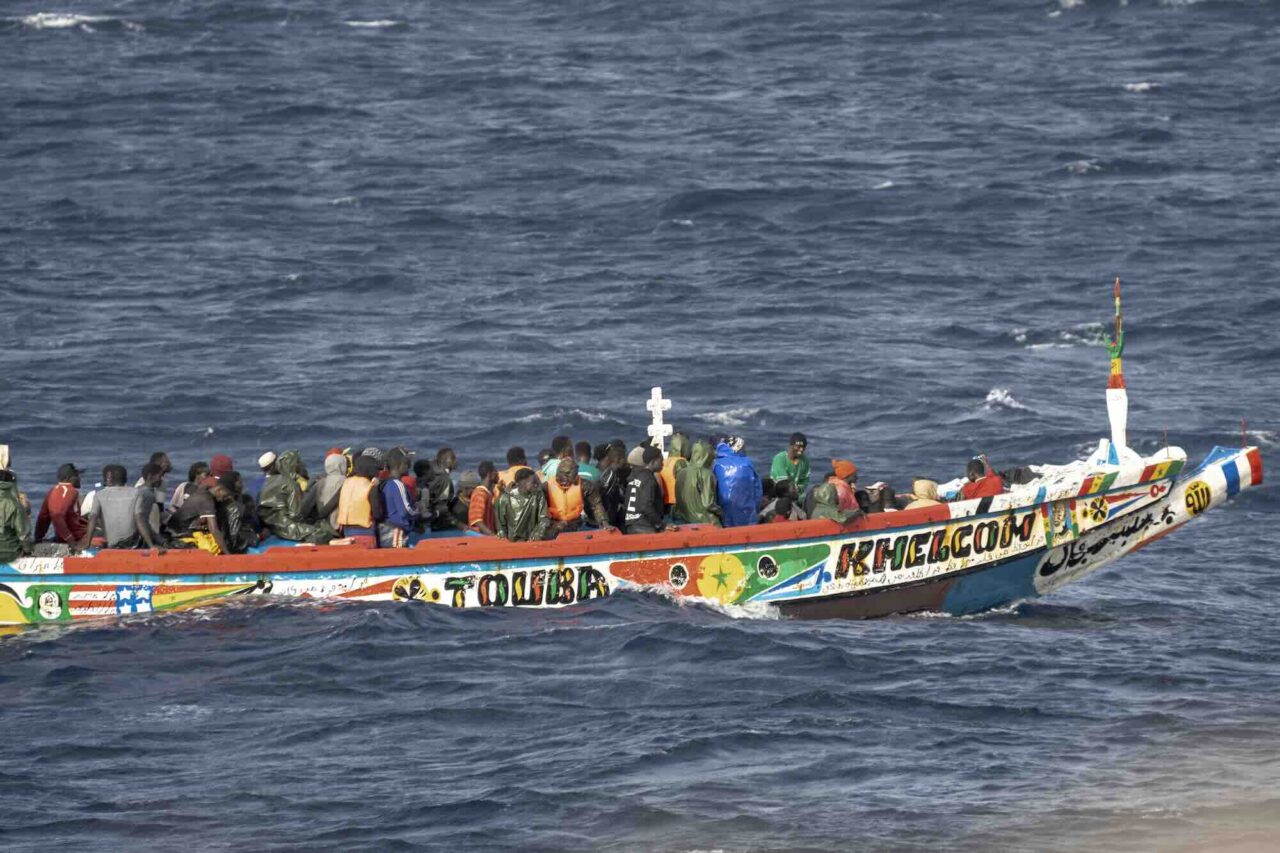
More and more migrants are taking the so-called Atlantic route to the Spanish Canary Islands. Last year, a record 46 843 migrants arrived on the archipelago, according to official figures.
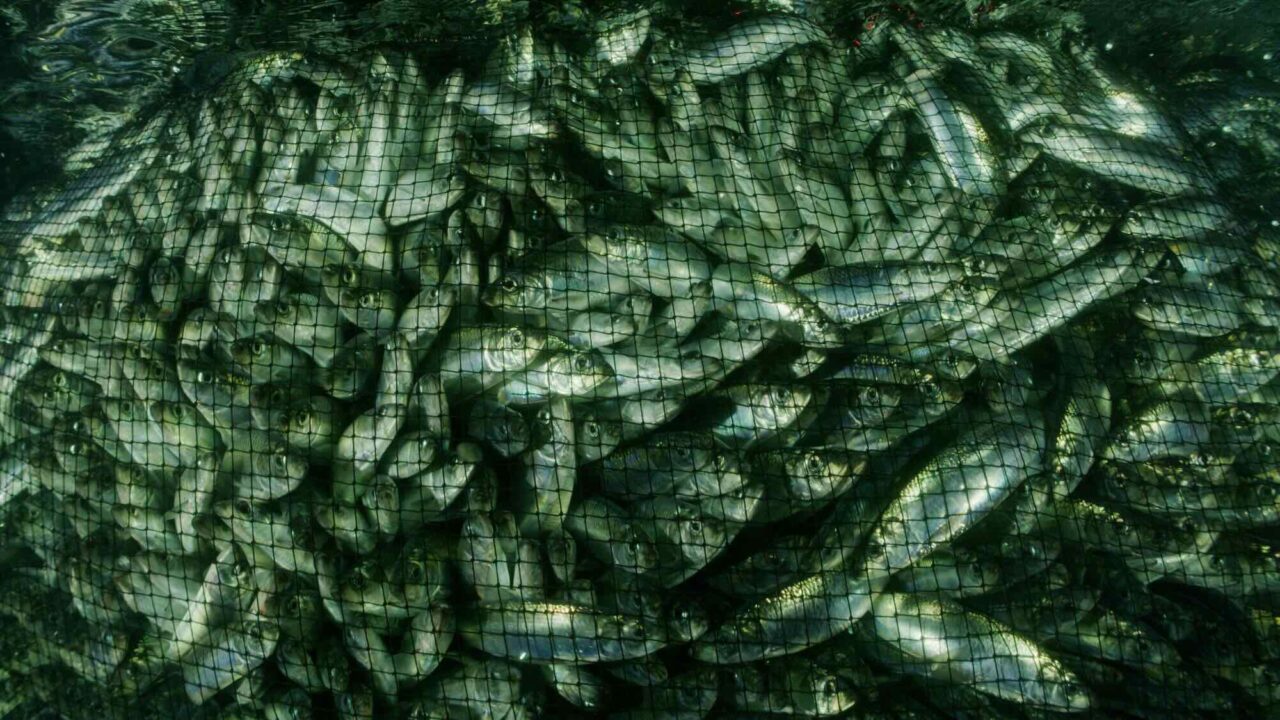
Fishing for herring and sprat in the central Baltic Sea can increase by 139 percent, according to ICES, the International Council for the Exploration of the Sea, which today published its recommendations to the EU for fishing in 2025.

The ocean is exposed to so many threats - but we must not give up hope for the future, says oceanographer Helen Czerski. By spreading knowledge about life below the surface, we can engage more people in the fight for a healthy ocean for future generations. We have to talk about it, says Helen Czerski…
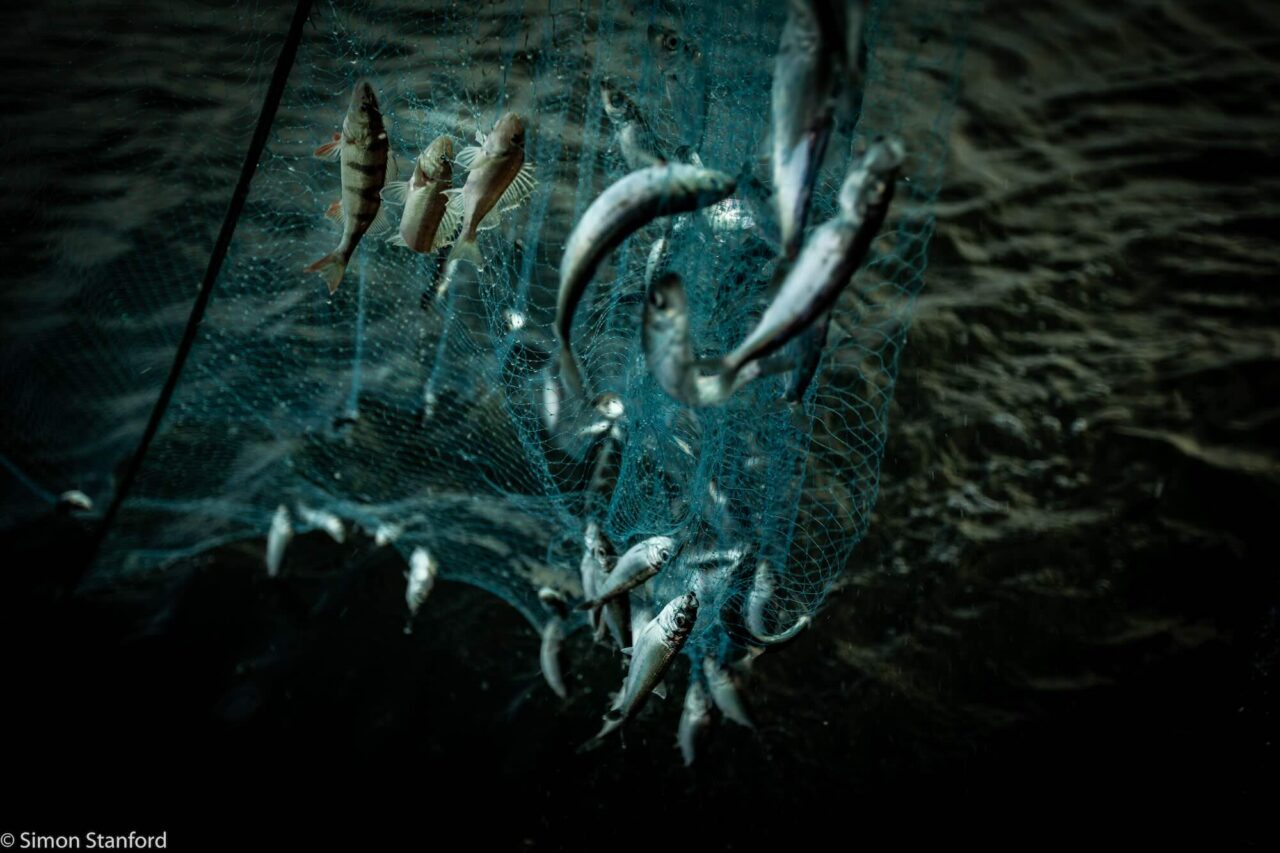
Deep Sea's attention-grabbing film "The Power of the Sea" has set the debate about large-scale fishing in the Baltic Sea in high gear. In the days after Sunday's premiere on SVT, politicians, researchers, and environmental organizations have condemned the EU Council of Ministers and Sweden's Minister of Fisheries. The debaters claim that the ministers' decision, which is against the EU's fisheries law, threatens the herring in the Baltic Sea.
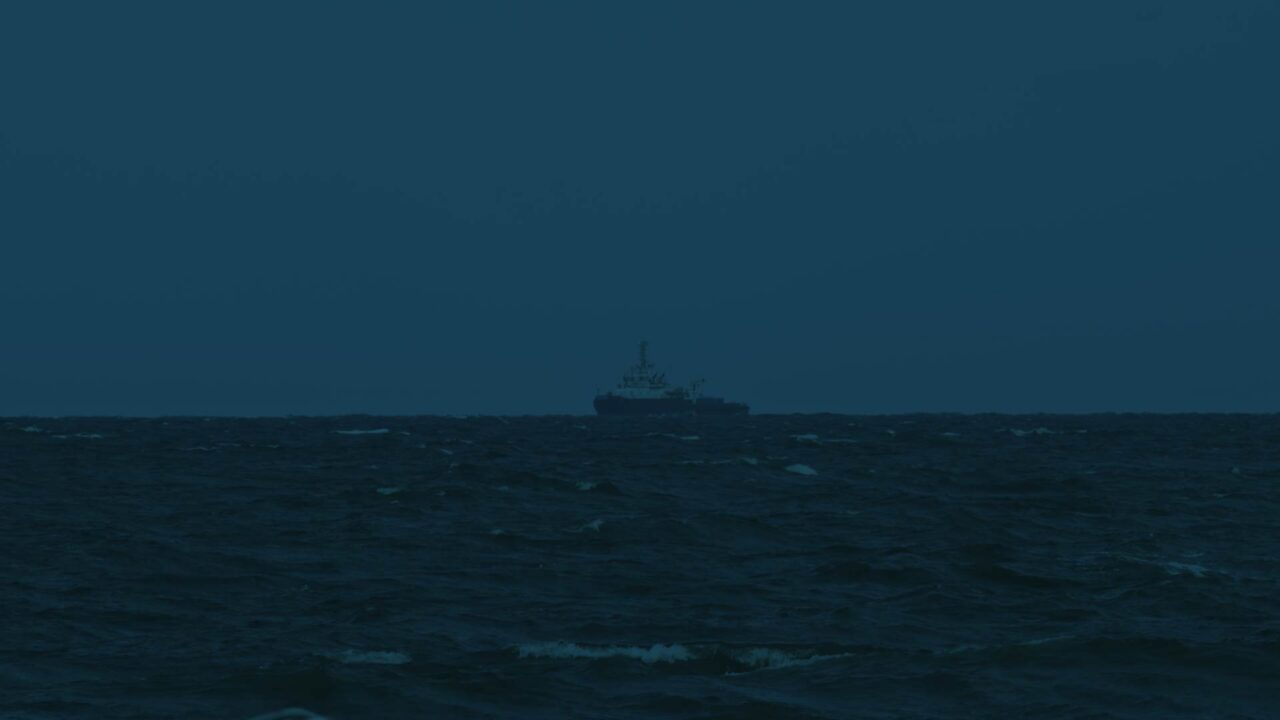
In a report from 2020, published by BalticSea2020, the authors believe that large-scale fishing in the Baltic Sea is neither economically nor financially profitable for the state. On the contrary, it costs us all big money.
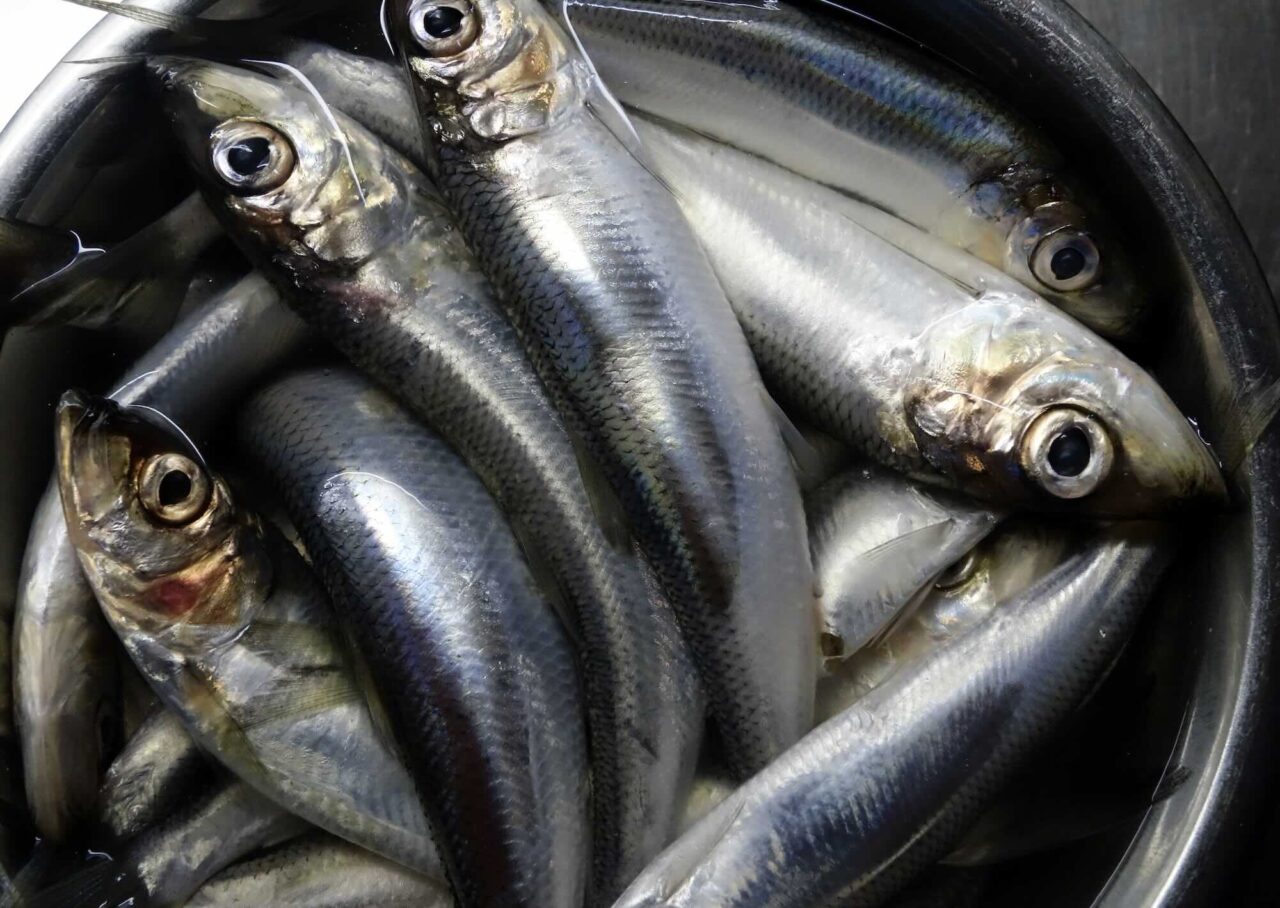
Attempts to change fishing rules after the fact are rejected by the EU Parliament. Now L wants the government to "step up" the protection of the stream - despite the government's satisfied expression on this year's quota decision.
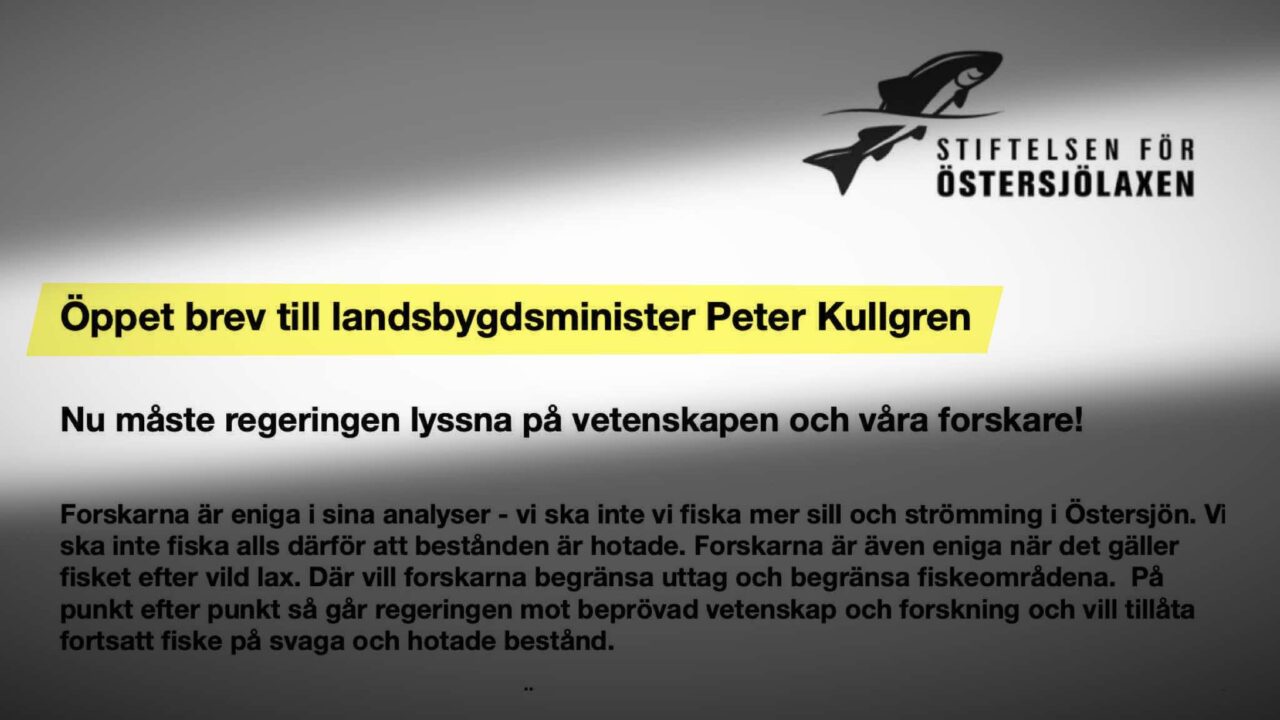
Axel Wenblad, is former director general at the Swedish Fisheries Agency. He was interviewed in Peter Löfgren's latest documentary "Power over the sea". After the film, he got angry and wrote an open letter to Minister for Rural Affairs Peter Kullgren. This is the letter;

In Brussels there are at least 30,000 lobbyists to influence the political decisions. Many of them work for the fishing industry, to ensure that the Council of Ministers makes decisions that favor industrial fishing. And scientists who have a dissenting opinion are intimidated into silence, according to fisheries researcher Reiner Froese.
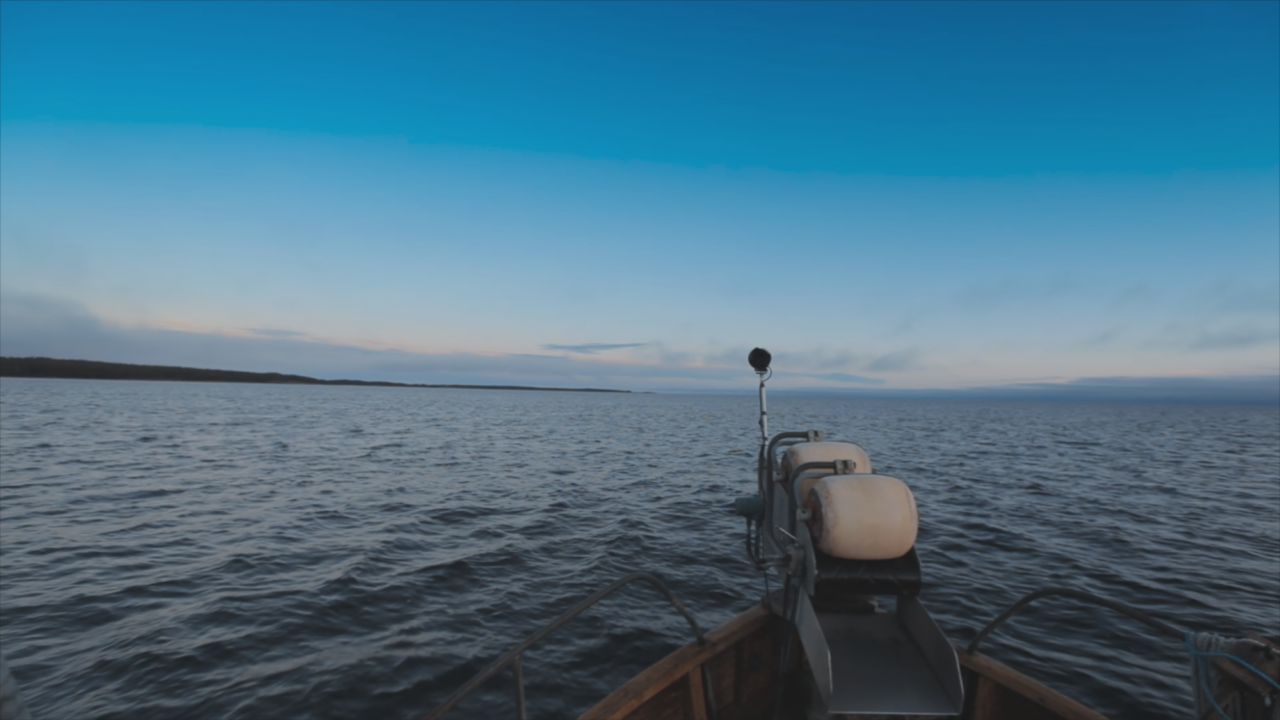
The EU's highest court rules that the Council of Ministers breaks the law when it decides on overfishing of "target species", stocks that fishing is directly aimed at. But at the same time, the court gives the ministers the right to "flexibility" in terms of bycatch.

All citizens want fish-rich, healthy seas. The EU is governed democratically. So why are the EU's seas fished out and on the brink of ecological collapse? The decisions are made in closed rooms, beyond democratic control.
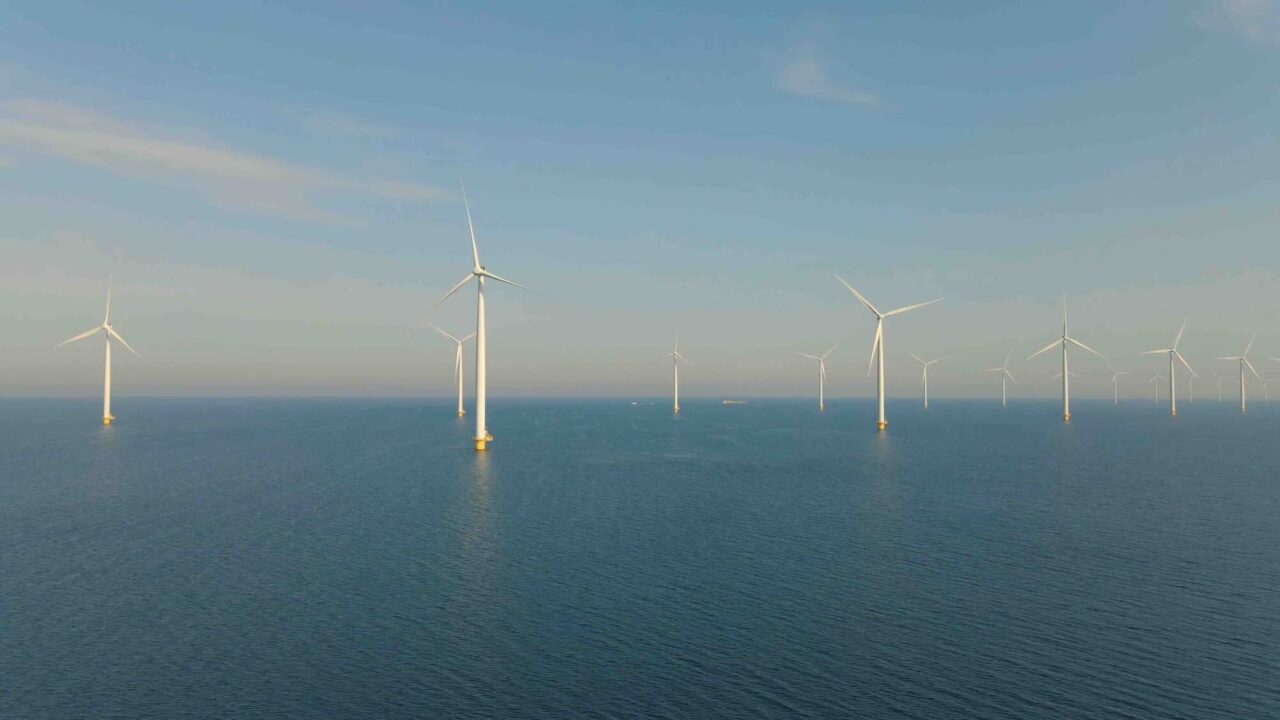
When two large wind farms were planned in the sea on the Swedish west coast, the shrimp fishermen became worried that they would no longer be able to trawl for shrimp. The trawlers managed to get the Uddevalla municipal board involved in the unrest and together they started a campaign they called "Save the shrimp". The only question is – which shrimp and from whom should it be saved?
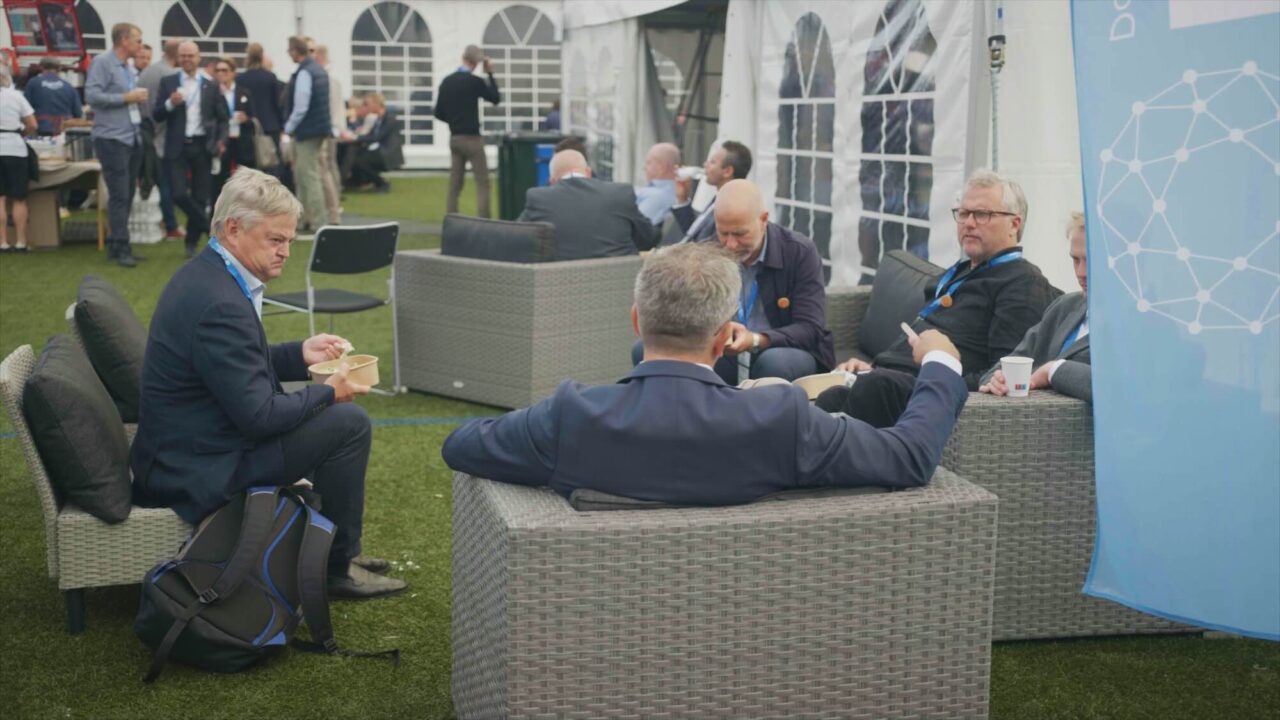
The ocean's resources belong to all citizens. We want healthy seas, full of fish and shellfish. So - how could fishing for cod in the Baltic Sea be allowed to continue despite all the warning signs? How can herring fishing get the green light even though EU law prohibits continued fishing? For a long time, I lived under the delusion that the European seas were managed democratically. That it is only in dictatorships that predatory behavior is deliberately allowed to destroy life below the surface and destroy the living space of all living things.

EU fisheries ministers exclude the public. The countries' mutual positions are kept secret. We citizens are not allowed to influence the decisions that are decisive for the ocean and the planet. The fishing quotas are set over a couple of hectic days and usually exceed the advice of science. Deep Sea Reporter has exclusively interviewed the EU's own Ombudsman Emily O'Reilly, who condemns the lack of transparency…
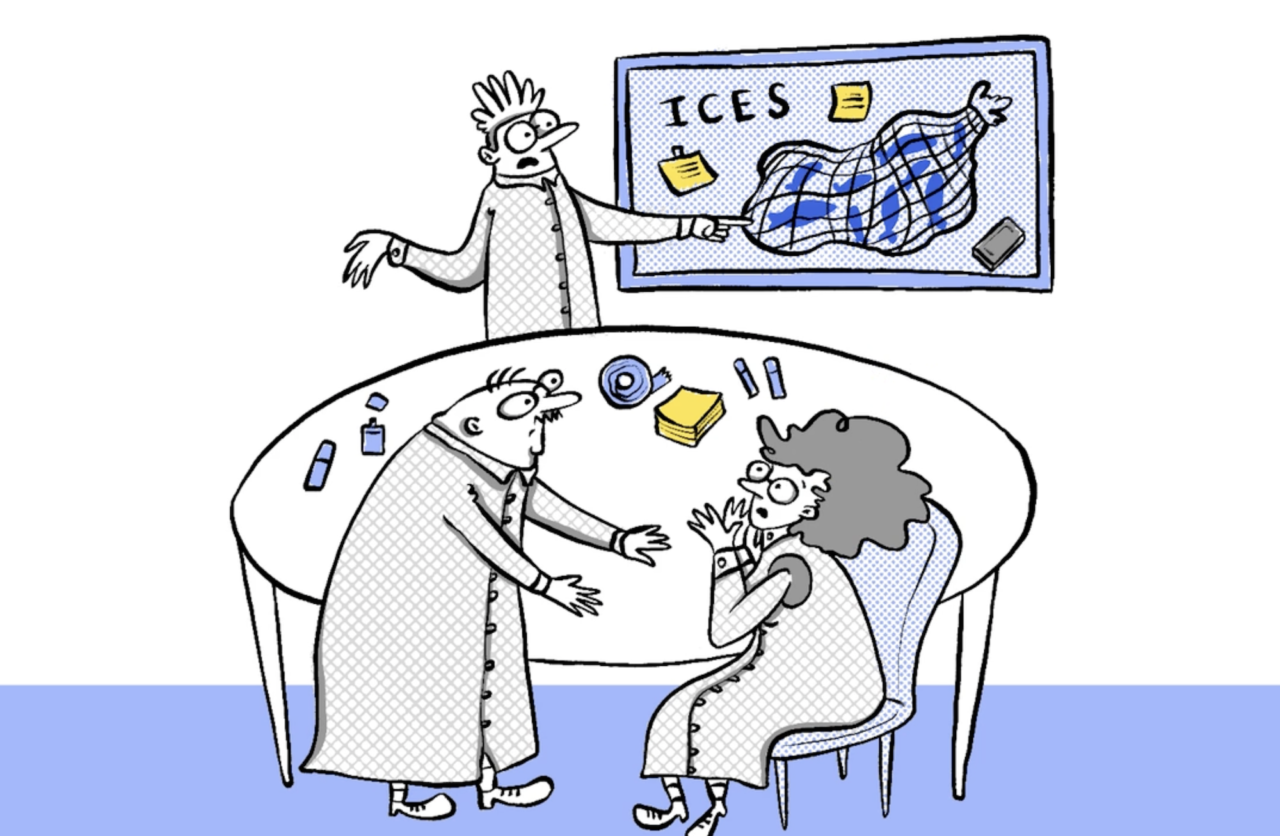
The EU fisheries ministers have in a compromise agreed on this years herring fishing in the Baltic Sea next year. As usual, we can continue to fish, despite the fact that, according to many observers, the herring are running out. But there is one law that the ministers seem to forgotten about, which could lead to them having to tear up this year's compromise. Paragraph 4.6 of the EU's multi-year management plan for the Baltic Sea (MAP).